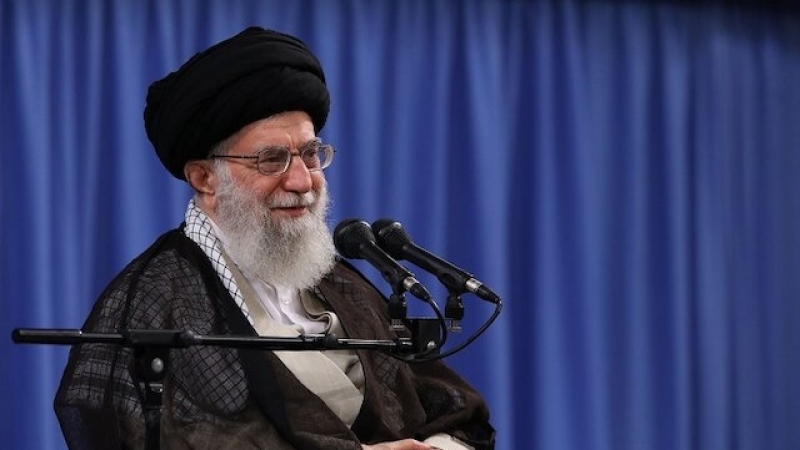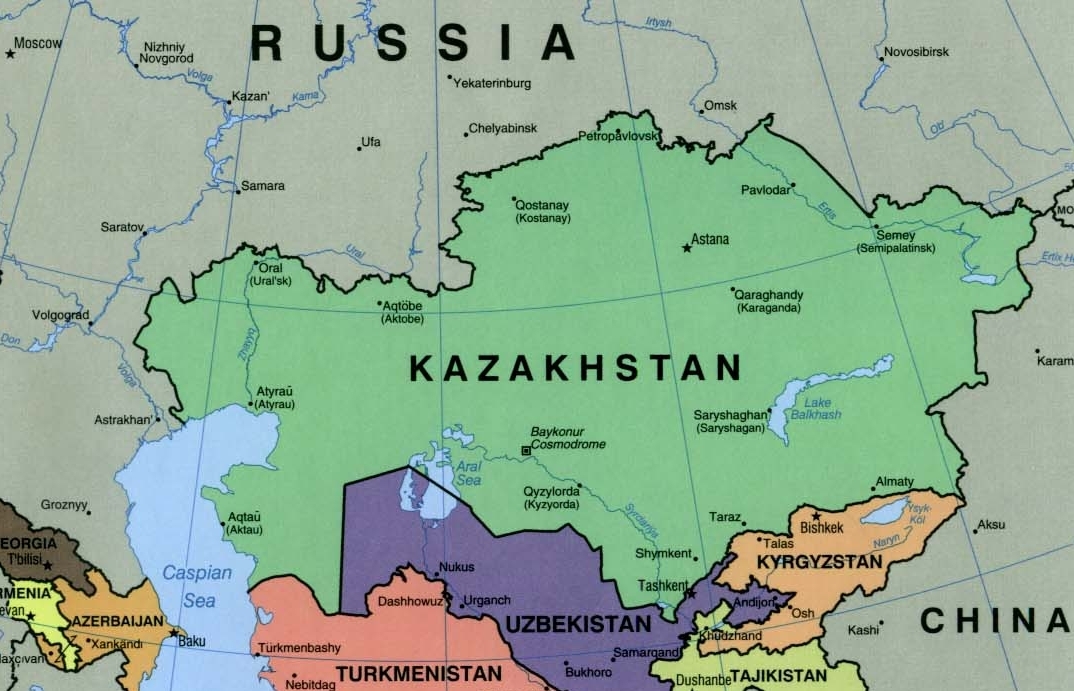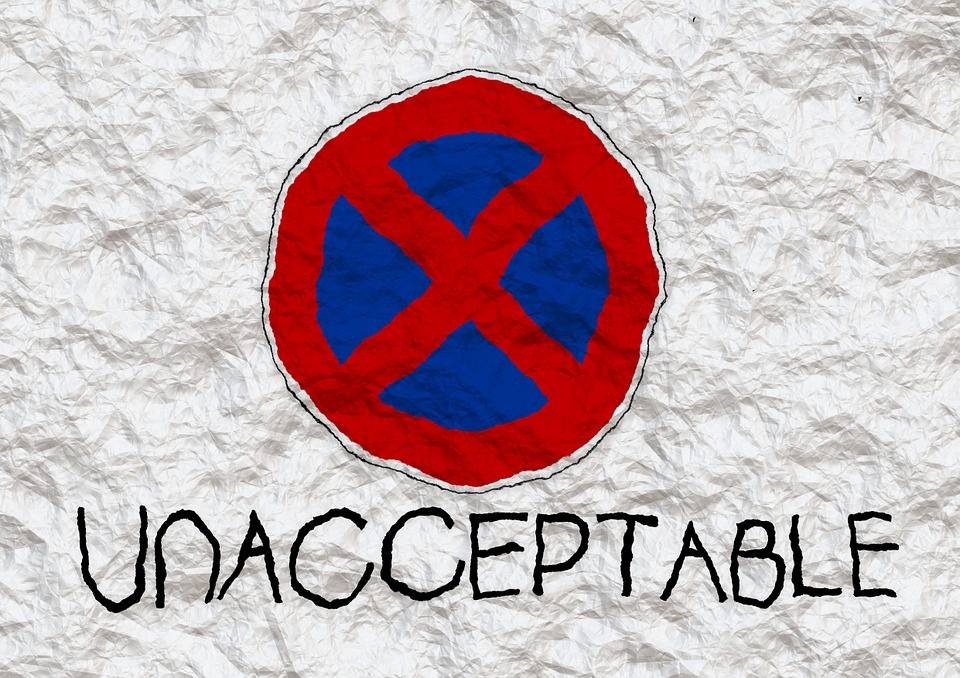
A Monthly Newsmagazine from Institute of Contemporary Islamic Thought (ICIT)



In this section, Crescent International will highlight news and events that do not attract much media Attention. We will provide our brief analysis. Hyperlinked references will be provided for confirmation, corroboration and crediting purposes.
As the US empire has entered the obvious stage of decay, Donald Trump is eager to jump at any opportunity to not become the first one-term US president in several decades.
On June 5, Trump tweeted about his willingness to renegotiate the nuclear deal with Islamic Iran. As reported by www.al-monitor.com, Iran’s Foreign Minister Mohammad Javad Zarif, rejected Trump’s desperate offer.
If NATO regimes return to the original JCPOA agreement post-Trump presidency, it will be a humiliation for not just the US but the entire cabal of NATO regimes. If this materializes after Trump leaves office, it will once again highlight that with wisdom and determination, imperialism can be successfully resisted.
Courtesy: www.al-monitor.com
Over the past several months, Central Asia’s most stable and relatively wealthy regime, Kazakhstan, has turned into the epicenter of political tensions.
US congress-financed RFERL reported that on June 6 “more than 100 opposition activists have been detained by police in Kazakhstan where two opposition parties had planned to hold rallies.”
The regime in Kazakhstan has survived mainly because of its ability to plunder the country’s rich energy resources and share some of it with a population of 19 million. With the latest jolt to global economy due to the coronavirus, it is becoming difficult for Central Asia’s corrupt regimes to allow some of the wealth to trickle down to the people.
Economic problems combined with US-Russia tussle in Central Asia is in the process of shaking-up the autocratic regimes in post-Soviet republics in the region.
Courtesy: RFERL
Gareth Porter, a renowned American historian and investigative journalist, writing for the Grayzone, an independent news website, highlighted how the FBI is increasing its clampdown on publications critical of US foreign policy by shutting down their social media accounts.
Porter noted that since 2017, after the creation of a Foreign Influence Task Force (FTIF) in the bureau’s Counterintelligence Division, the FBI “defined any effort by states designated by the Department of Defense as major adversaries (Russia, China, Iran and North Korea) to influence American public opinion as a threat to US national security… in February 2020, the FBI defined that threat in much more specific terms and implied that it would act against any online media outlet that was found to fall within its ambit.”
FBI’s blatant clampdown against alternative media outlets is another sign of US imperial decline. It can no longer manipulate global public opinion as it did in the 1990s. The US empire’s brutality has been unmasked and contemporary communication technologies make it difficult for Washington to control the global political, social and economic narrative.
Courtesy: the Grayzone.
On June 2, MarketWatch reported that “China is now the No. 2 holder of Treasurys at $1.08 trillion, down from its 2014 high of $1.32 trillion… China sold $8 billion of US government bonds in March, when overseas investors and central banks got rid of $300 billion of Treasurys that month to raise dollars.”
Since 2018, economists have speculated whether Beijing will use its holdings of US bonds as economic leverage against Washington.
In March 2020, South China Morning Post flaunted the idea of Ren Zeping, an economist who worked for leading Chinese property developer Evergrande, that “China should sell US government bonds and cut holdings of dollar-denominated assets. Instead, China should buy gold, oil, natural gas, iron ore, land, farm products as well as stakes in hi-tech firms on a massive scale.”
On June 6, Asia Times Financial reported that “international holdings of Chinese bonds passed a significant milestone this month of 110 billion yuan ($15.5 billion) in May, despite global tension and volatility. Chinese bonds are increasingly becoming an attraction for foreign institutional investors.”
Post coronavirus global economic order is likely to showcase unexpected economic maneuvering by world powers as the status of the US empire is declining.
Trump’s dogmatic policy to unnecessarily pressure China is likely to create additional hurdles for the declining US empire.
Courtesy: MarketWatch, Asia Times Financial.



